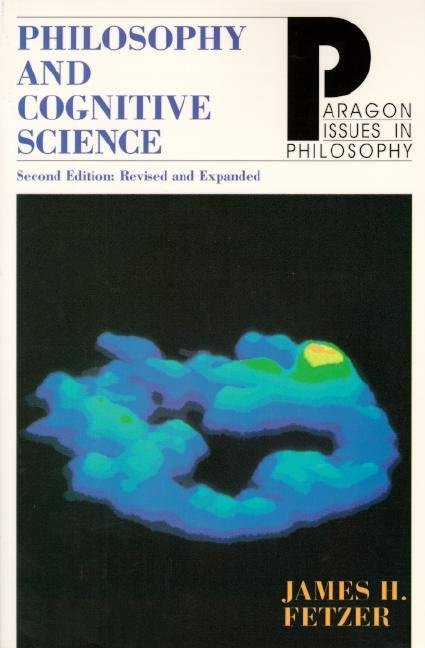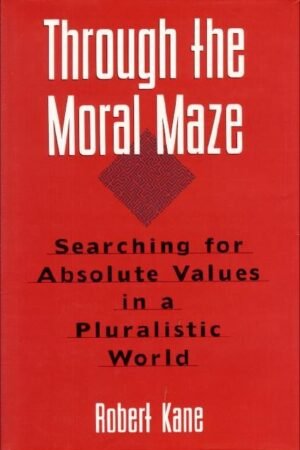Description
“Jim Fetzer’s abilities as a stimulating teacher and as an insightful scholar are wonderfully woven together in Philosophy and Cognitive Science. He introduces a broad range of perspectives and insights on the interaction of philosophy and the rapidly developing disciplines of cognitive science…. Reading [it] is a richly rewarding experience.” –William Bechtel, Washington University, and current Editor of Philosophical Psychology “This is a good book. Innovative in its integration of computational and connectionist approaches with more traditional views of thought and representation, the book ably introduces a host of issues at the interface of philosophy of mind and cognitive science. It will he valuable to anyone with a general interest in cognitive science and should also he popular as a text.” –George Graham, University of Alabama, Birmingham, and former Editor of Behavior and Philosophy Philosophy and Cognitive Science provides an introduction to cognitive science, the most exciting and fastest growing area of intellectual inquiry in the world today. It examines the principal problems that cognitive science addresses, the solutions it considers, and the intellectual landscape against which its importance may be measured.
TABLE OF CONTENTS
Acknowledgments
Preface
Preface to 2nd Edition
Chapter 1. A SCIENCE OF COGNITION
Human Beings as Thinking Things, Explaining Human Behavior, Explanations Without Cognition, Cognition and Explanation, Scientific Theories and Laws
Chapter 2. ARE WE BRAINS IN VATS?
Common-Sense Psychology, Eliminative Materialism, Minds as Brains in Vats, Where in the World Are Meanings?, From Folk Psychology to Cognitive Science
Chapter 3. MINDS AND MACHINES
Turing Machines, The Imitation Game, The Chinese Room, Understanding Natural Language, The Problem of Other Minds
Chapter 4. THE NATURE OF LANGUAGE
Physical Symbol Systems, The Computational Conception, The Problem of Representation, The Primacy of Primitives, Causal Theories of Reference
Chapter 5. WHAT IS MENTALITY?
Intensionality, Intensional Contexts, Semiotic Systems, Modes of Mentality, Higher Types of Mentality
Chapter 6. CONNECTIONISM AND COGNITION
A Dispositional Conception, Concepts and Cognition, Connectionist Networks, Bodies and Minds, The Laws of Cognition
Chapter 7. MENTAL DEVELOPMENT
Rationalism and Empiricism, Habits of Mind, Functionally Similar Systems, Epigenetic Rules, Gene-Culture Coevolution
Chapter 8. ARE HUMANS RATIONAL?
The Nature of Logic, Human Rationality, Rationality of Action, Rationality of Belief, Evolution and Rationality
Chapter 9. MENTALITY, CAUSALITY, MORALITY
Communication and Convention, Transient Rationality, The Analytic and A Posteriori, Cognitive Explanations, Freedom and Morality
For Further Reading
References
Name Index
Subject Index
JAMES H. FETZER is McKnight University Professor at the University of Minnesota, Duluth. He is author of Philosophy of Science and Foundations of Philosophy of Science: Recent Developments and co-author of Glossary of Epistemology/Philosophy of Science and Glossary of Cognitive Science. He is Editor of Minds and Machines and Series Editor of Studies in Cognitive Systems.






Reviews
There are no reviews yet.